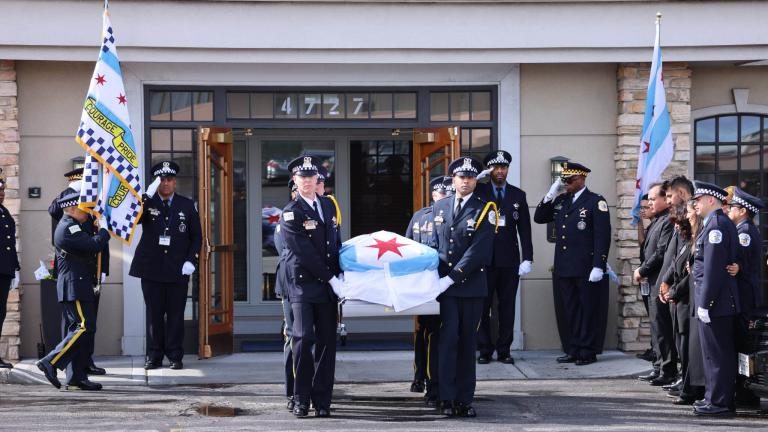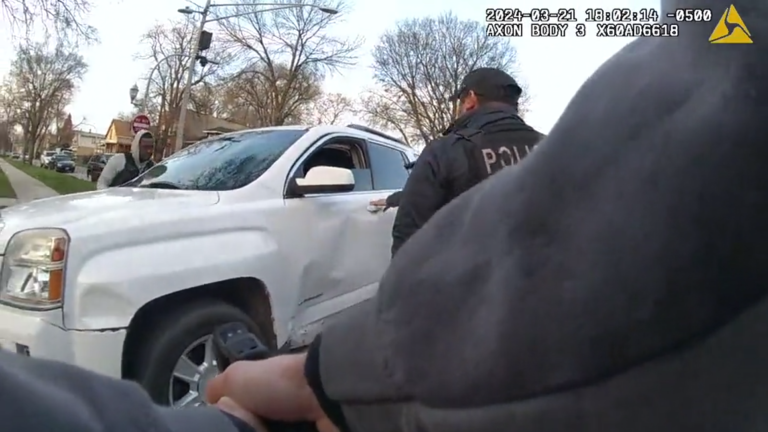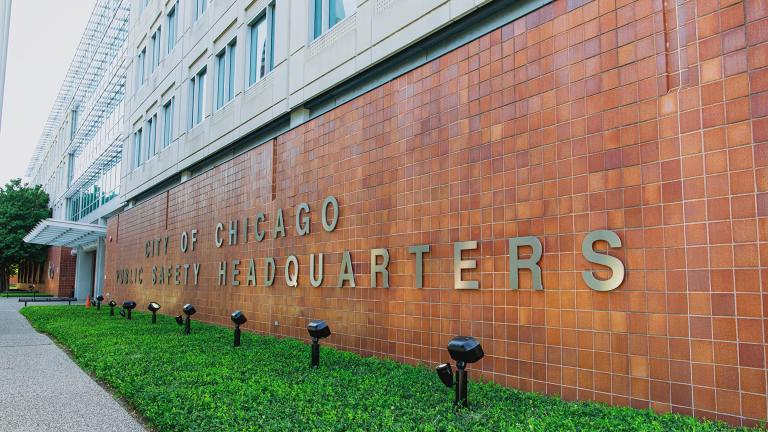911 is dialed for all sorts of emergencies — and sometimes, non-emergencies.
Through meetings and research, the University of Chicago’s Health Lab is working with community members on a project called Transform911 to see how the nation’s emergency response system can be transformed to better serve people in crisis.
They say 911 calls should be reframed as a public health issue — and not one of law enforcement.
While it may be one of the most heavily relied upon systems for emergencies, the way it was designed doesn’t always offer care, said Rebecca Neusteter, executive director of the Health Lab at the University of Chicago.
“We made a concerted decision to couple care with enforcement, and as a result what happens is that some people never get care because they fear enforcement,” Neusteter said. “This initiative really is trying to reframe 911 as the public health and care service model that it should be.”
There hasn’t been enough investment in the current 911 system, Neusteter said. She pointed to staffing shortages, mixed with a high volume of calls, leading to calls being dispatched as quickly as possible. But that speediness leaves call-takers no time to understand the underlying needs the caller might have and instead, just default to police response.
“Oftentimes the fastest response isn’t the best response,” she said.
The end result of this project will be policy recommendations for Chicago and the rest of the country on how to better invest in this system. They hope these recommendations will ensure call takers have resources and that they have a better understanding of the problems a caller is facing. The response would also go beyond the police and could include a fleet of community responders who are equipped to respond to crises.








